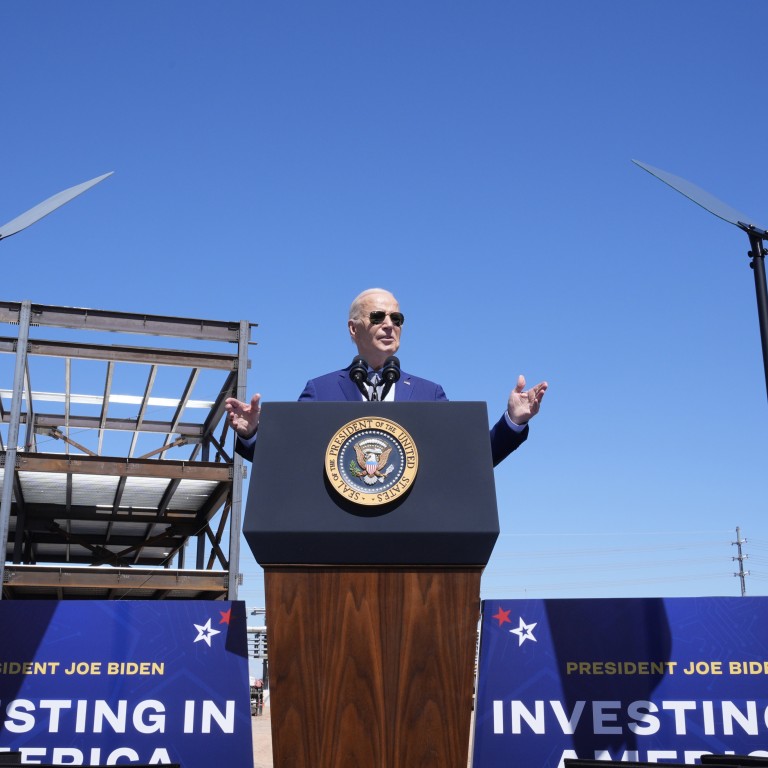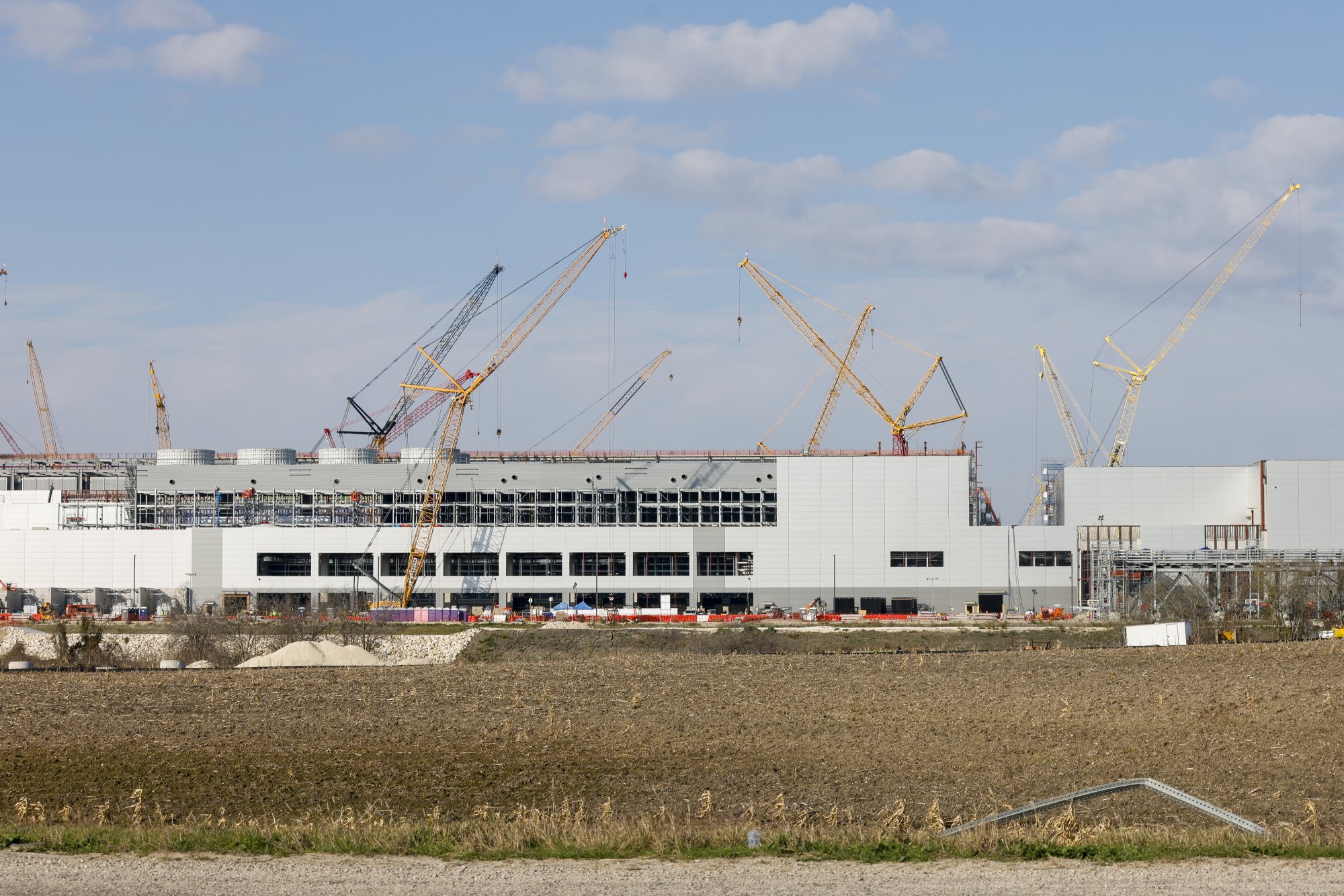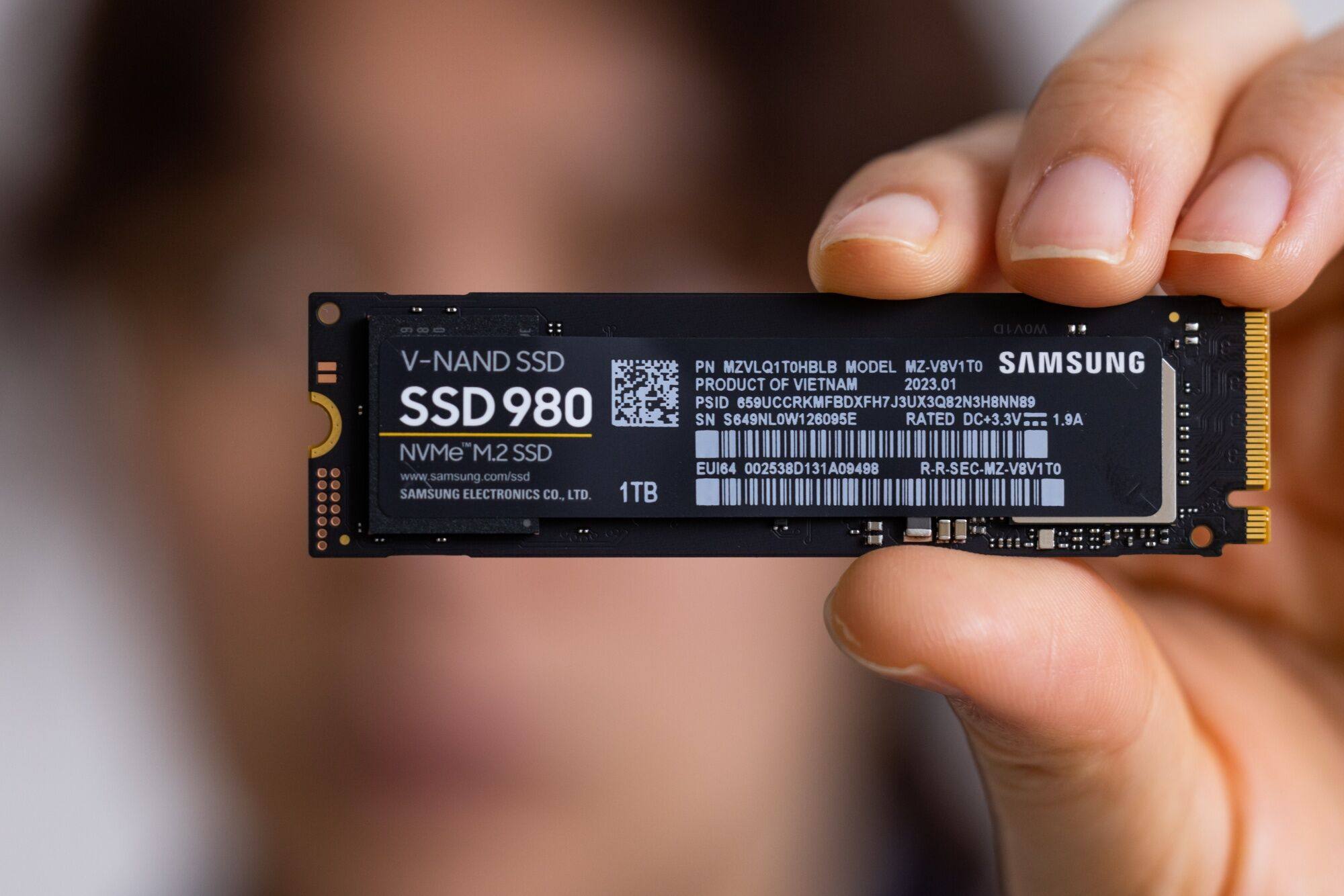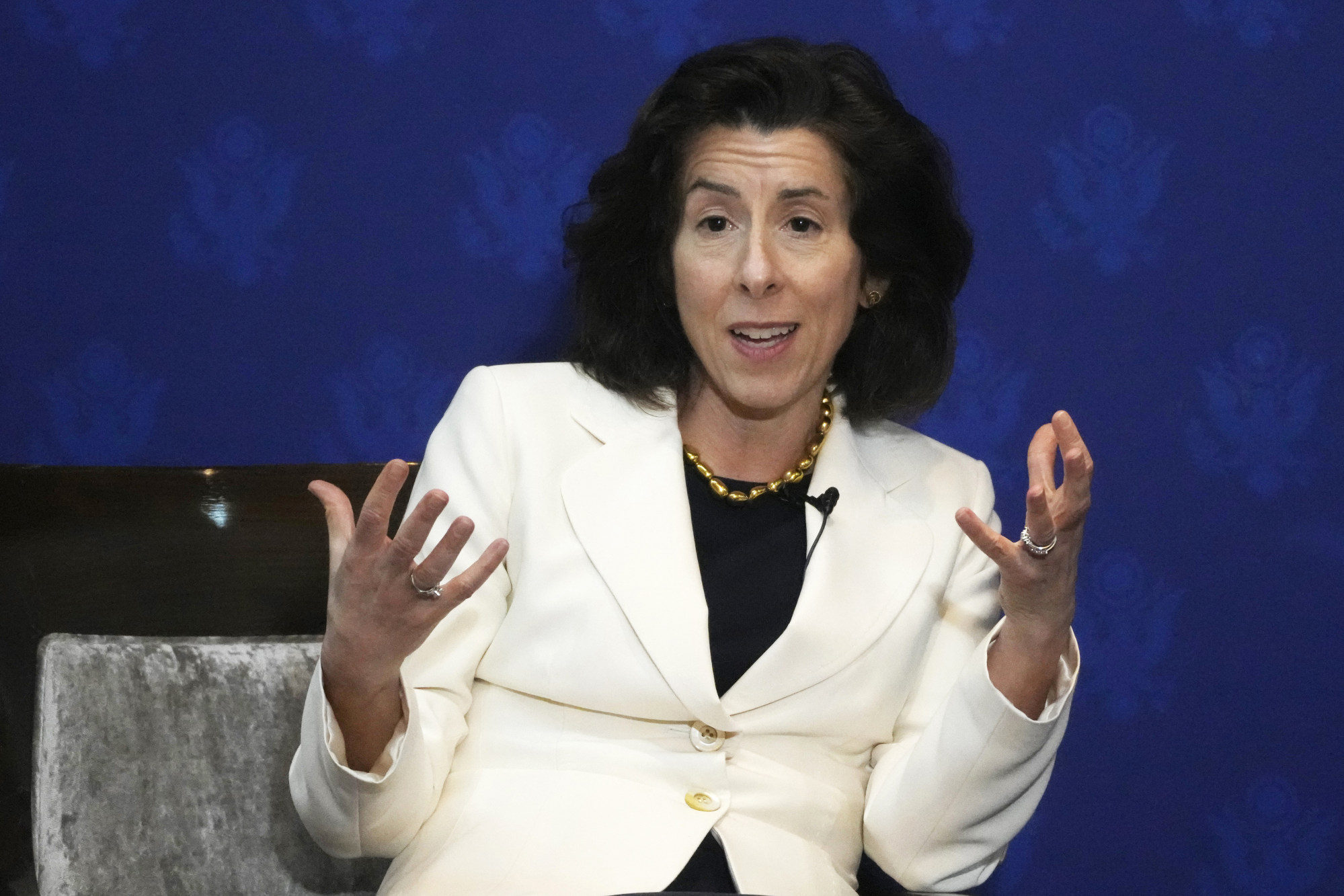
US grants Samsung up to US$6.4 billion in funding to produce advanced chips in Texas
- The award is the latest from the Biden administration, as the US looks to cement its global lead in creating advanced semiconductors
- Samsung will not only build a new facility to produce advanced chips, but also expand its existing plant in Texas

In the modern global economy, advanced semiconductors are crucial in powering everything from smartphones to fighter jets.
Samsung to use chip-making tech favoured by rival in AI race
This has fuelled a US push to strengthen production.
The Chips and Science Act, passed in 2022, calls for tens of billions of dollars in funding to overhaul the US semiconductor industry, with the idea that making public money available for this purpose will lure private investment.
The Samsung agreement will “cement central Texas’ role as a state-of-the-art semiconductor ecosystem”, Biden said in a statement.
“These facilities will support the production of some of the most powerful chips in the world, which are essential to advanced technologies like artificial intelligence and will bolster US national security.”

Under the latest agreement, Samsung will not only build a new facility to produce advanced chips, but also expand its existing plant in Texas, according to the Commerce Department.
“We’re not just expanding production facilities; we’re strengthening the local semiconductor ecosystem and positioning the US as a global semiconductor manufacturing destination,” Samsung chief executive Kyung Kye-hyun said in the Commerce Department statement.

In February, Commerce Secretary Gina Raimondo expressed confidence that the United States could house the entire silicon supply chain for making advanced chips.
“The brutal fact is, the United States cannot lead the world as a technology and innovation leader on such a shaky foundation,” she said during a speech in Washington.
“We need to make these chips in America.”

.png?itok=arIb17P0)